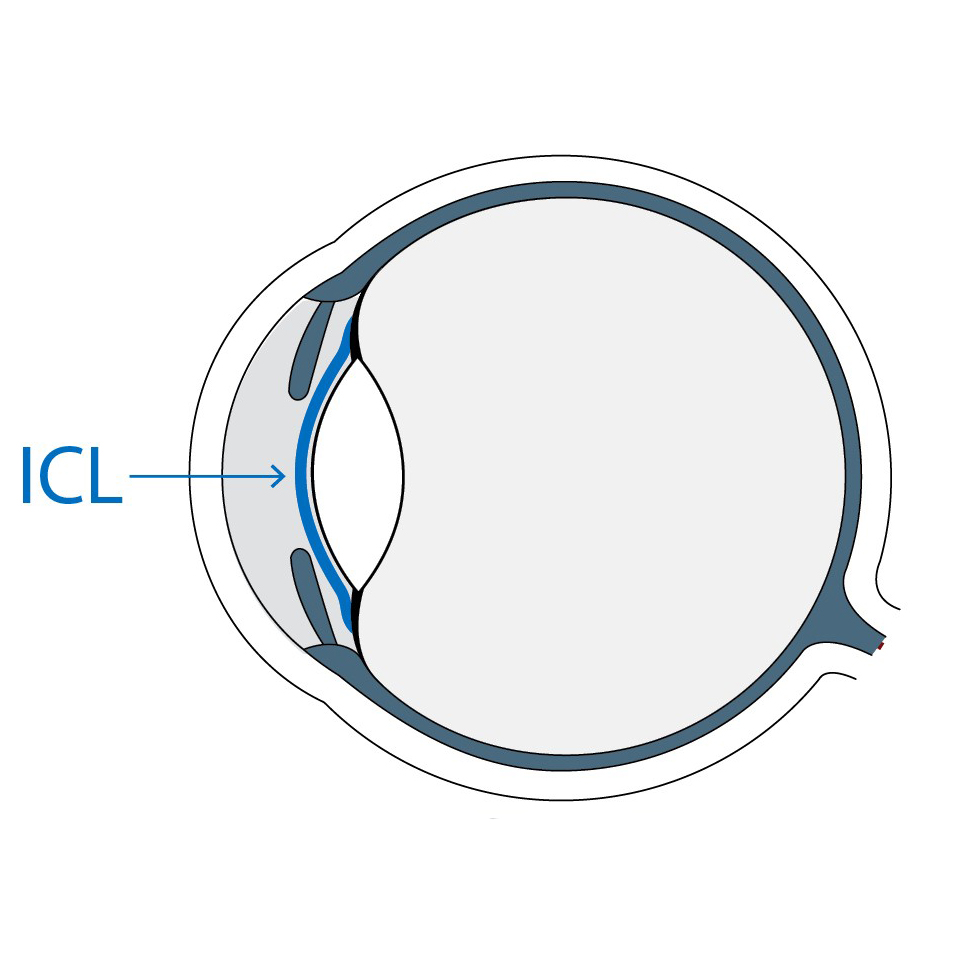
Glasses correct many vision defects. But they have disadvantages. Imagine you are looking your glasses and cannot find them because you can’t see without them. This can be particularly frustrating if your glasses fell off accidentally in an emergent situation. Would you like your glasses to be inside your eyes rather than over them? That is what implantable collamer lenses (ICL) can do for you.
What is an implantable collamer lens?
A pair of implantable collamer lenses are just like your pair of glasses, but they reside inside your eyes always. You do not have to remove them for wiping, and you won’t misplace them! It is a tiny, foldable lens made of a biocompatible material called collamer, which is placed inside your eye, normally behind the iris and in front of the lens.
What is ICL used for?
Implantable collamer lenses are normally used on persons between ages of 21 and 45 as:
· A better substitute for glasses and contact lenses in case of moderate to severe vision problems like:
o Myopia
o Hypermetropia
o Astigmatism
· A replacement for the natural lens in case of cataract.
Advantages
· It is currently the only solution for cataracts
· It can correct severe problems of vision which LASIK surgery cannot address. Cases of -15 diopters or more will need an additional LASIC touch up.
· It can be used where LASIK is not recommended due to dry eyes, thin cornea, or large pupils.
· The lens is just an add-on, with very minor surgery. Nothing else changes. The lens can be removed or replaced by a qualified surgeon.
· Downtime is just one day.
The procedure
· If you are already wearing contact lenses the surgeon may ask you to stop wearing them a few days before the surgery.
· On the day of surgery:
o You will be given sedation and local anesthesia.
o A very tiny hole will be cut into your eye
o A flexible thin lens will be slid in through this hole and positioned between your natural lens and the iris.
o Next day you should be driving on your own without the glasses.

